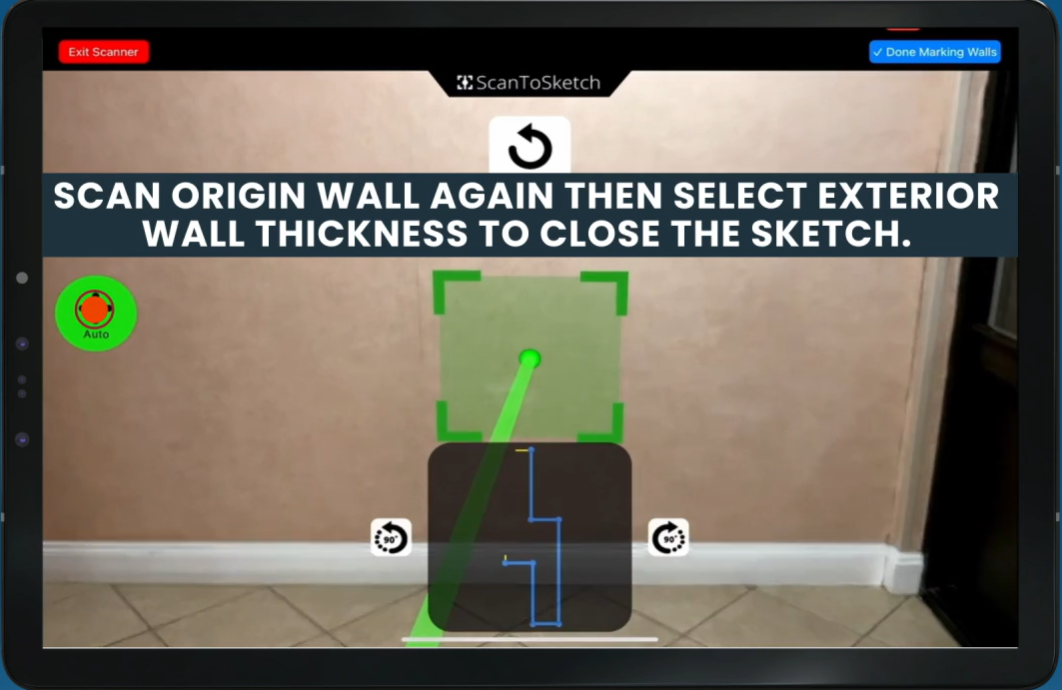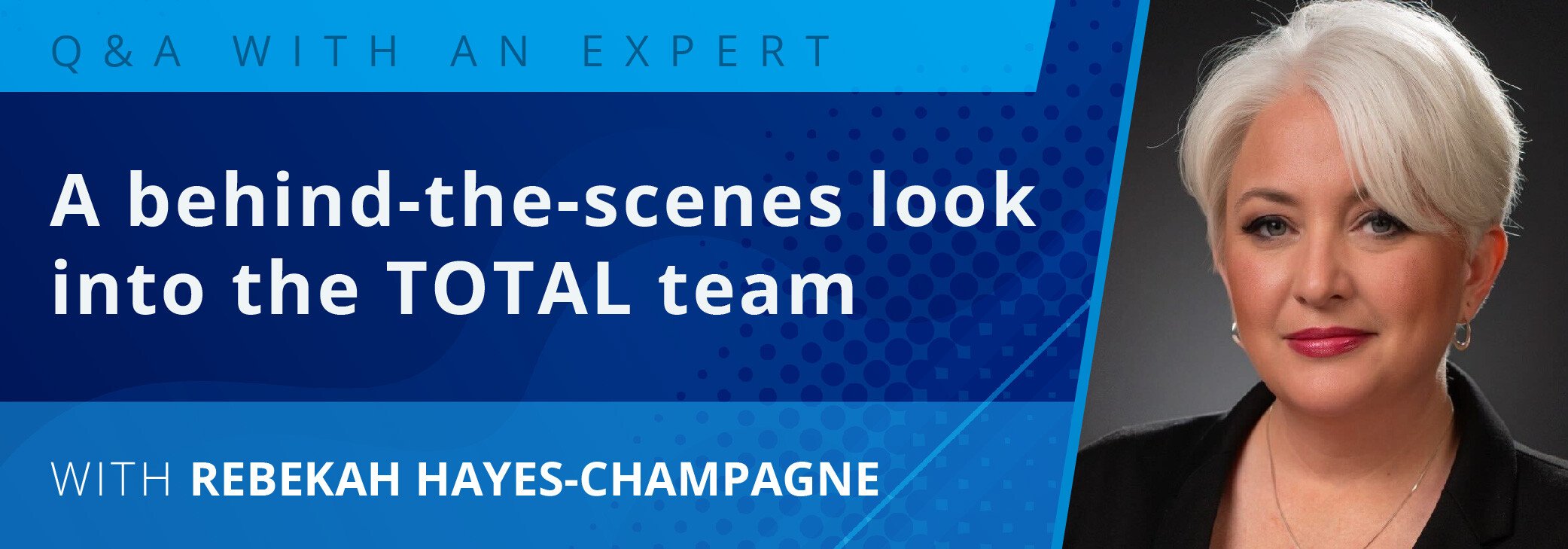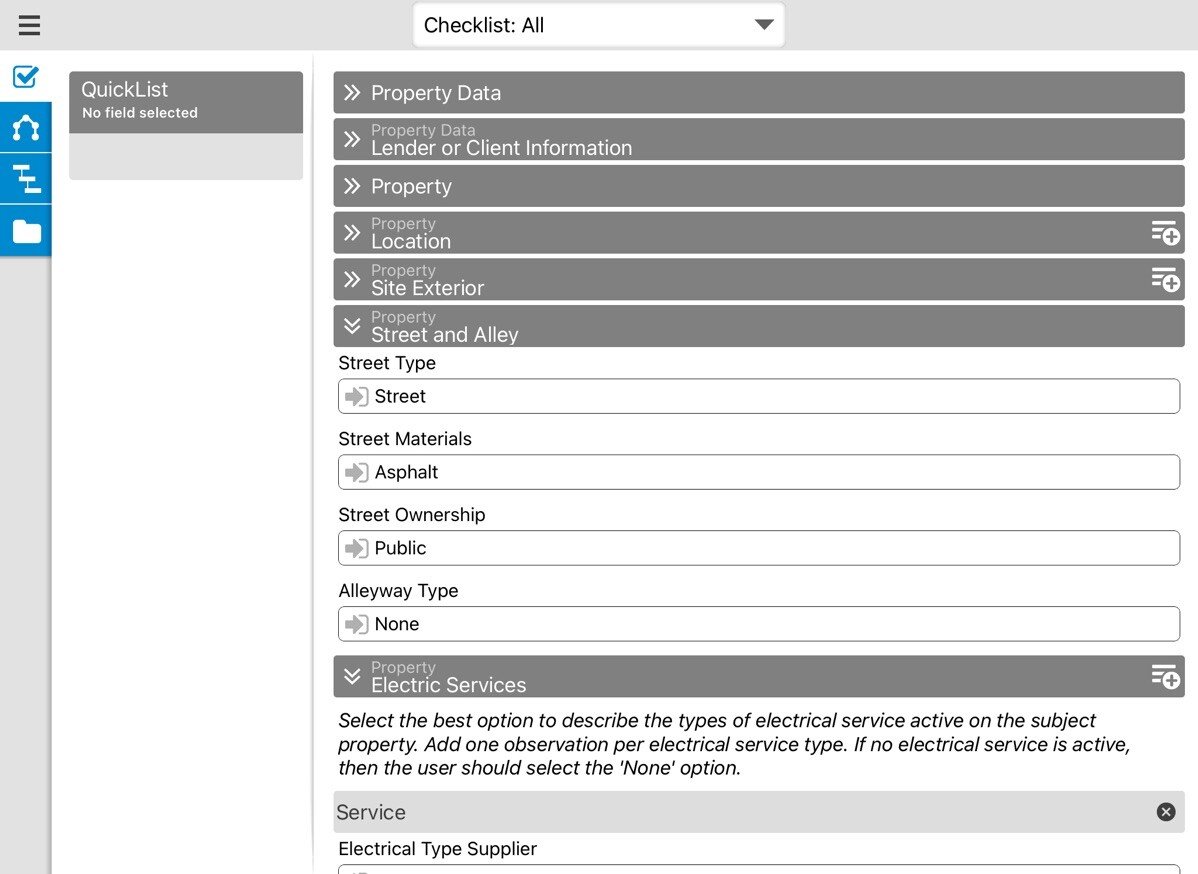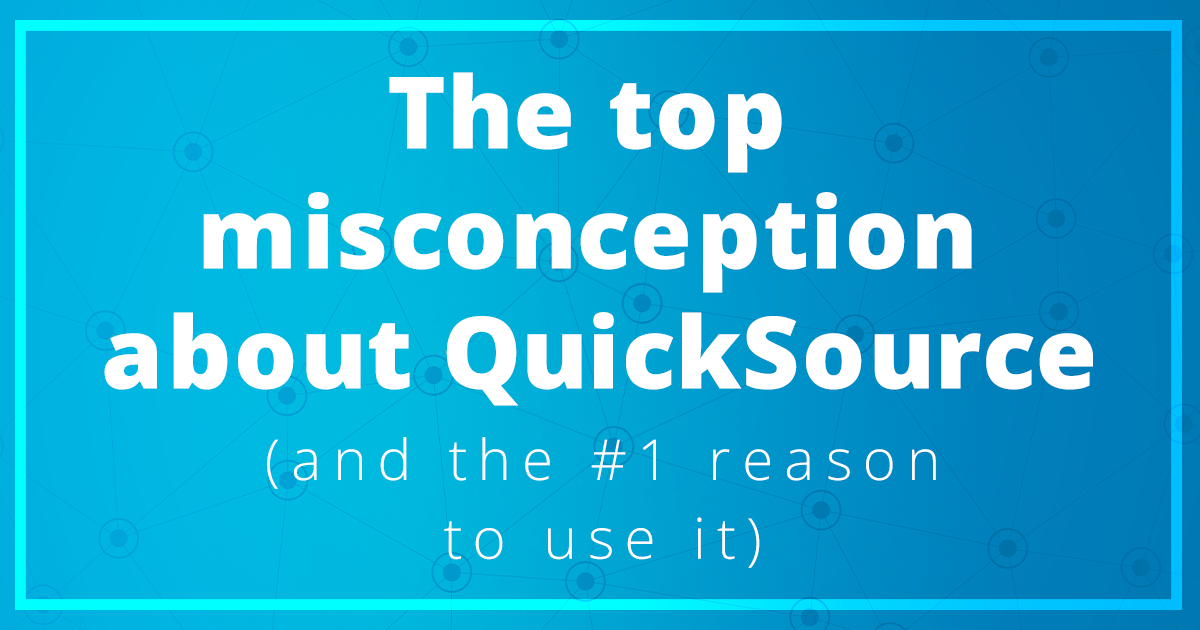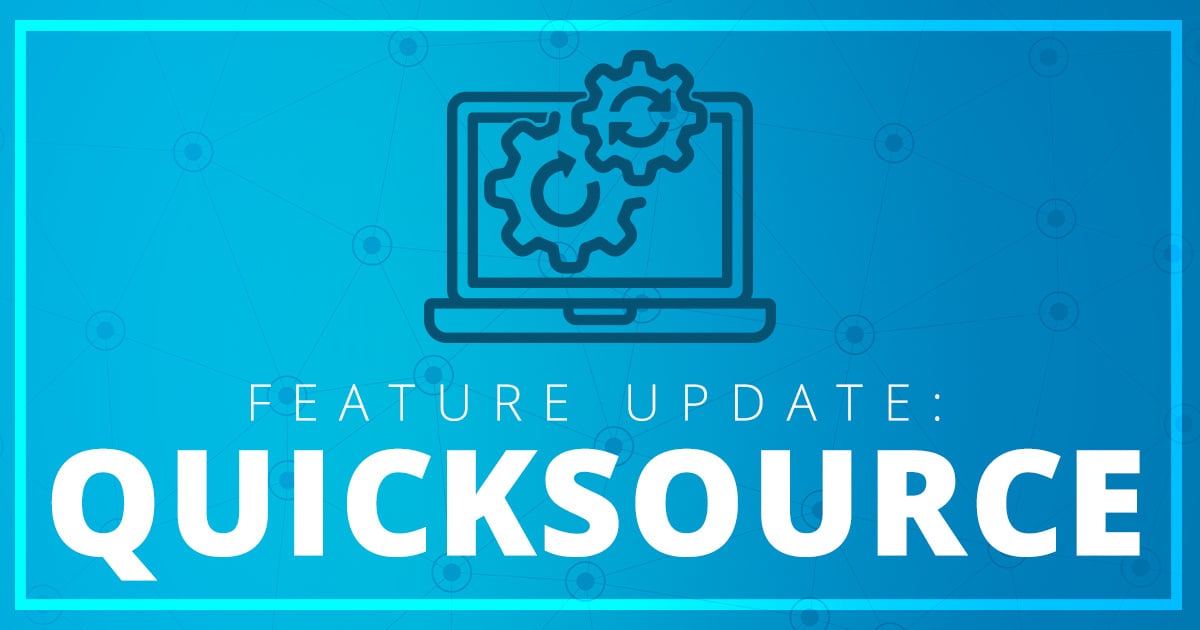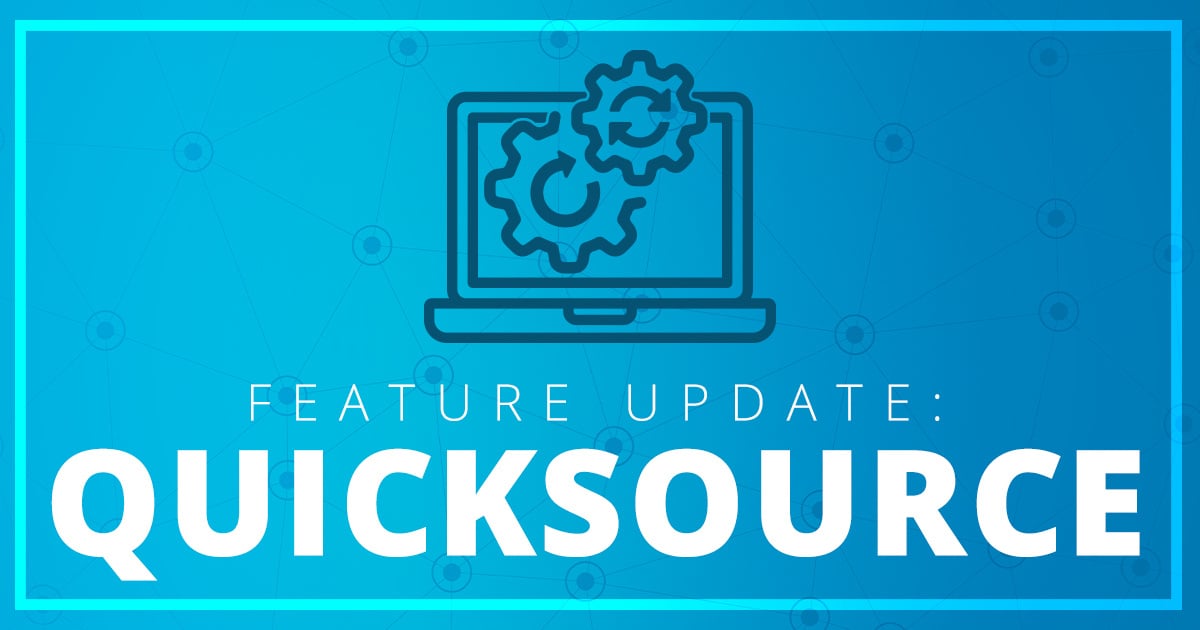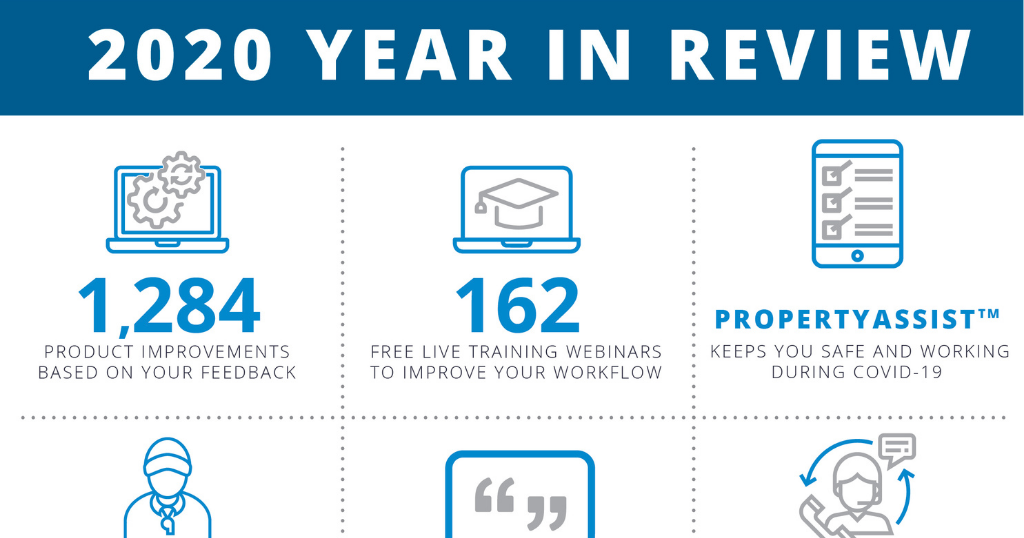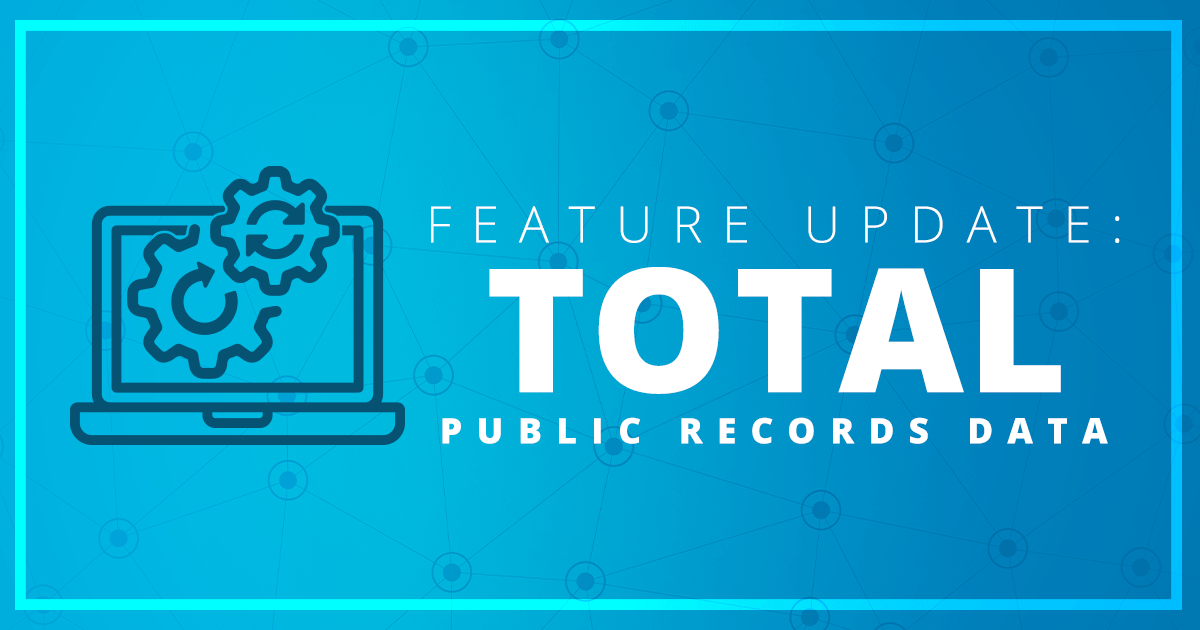
E-mail is both a blessing and a curse. On one hand, it's easy to fire off a quick message instead of stopping what you're doing to make a phone call. However, since it's a primarily text-based medium, it's easy for e-mails to be misunderstood. This is especially true for potential non-lender clients who reach out to you for fee quotes or more information. Without tone or visual cues, a hastily-written response to a fee inquiry can come off as abrupt or rude, damaging their perception of you and possibly your reputation if they forward that response to their friends and co-workers.
For example, let's say a homeowner sends you an e-mail asking you how much it would cost to get a property appraised. They include the address, but don't specify why they want the appraisal. The property could be one they already own and are planning to sell, or one they plan to buy and they want to use your appraisal to try and get a loan (unaware that they can't legally do that). In this case, you want to not only let them know your price but also make sure they're clear on how your work can be used.
Here's one way to respond:
"Hello Jack, (Try to use their name in your response, whether you start with "Hi Jack" or just "Mr. Smith,"; personalization is always appreciated.)
Thank you for considering me for your appraisal needs and requesting a fee quote. Based on the preliminary research I've done on the address you provided, my fee would be at least $450. (You can choose whether you want to give more detail on how you arrived at your number or not; if they want details, they'll probably ask for them when they follow up with you.)
I also need to let you know a few important details before we proceed: (Here's the opportunity to list out any regulations or conditions for the assignment that the buyer needs to be aware of. This doesn't overwhelm the reader right out of the gate, isn't condescending, and doesn't give the impression that you're refusing the order.)
This assignment would be classified as a "private" appraisal, meaning it's just for your own personal use. Per federal regulations, a private appraisal can't be used to obtain a loan from a lending institution. This appraisal would give you the market value for your property for your personal use. (This is specific and gets the point across in language someone unfamiliar with industry regulations can understand.)
Let me know how you would like to proceed and if you have any questions about the process. Thanks again for your interest! (By offering to answer questions, you appear knowledgeable and friendly.)"
Creating a few friendly-sounding templates like this one for common messages you receive can help to ensure that you're making the best possible first impression on potential clients. You'll just need to tweak them as you go, but the bulk of what you want to say will already be written. A few tips for writing your templates:
- Use a greeting and a closing — again, personalization is always appreciated and this also makes your response seem more human.
- NO ALL CAPS — It looks like you're yelling.
- Consider your wording — In an effort to be succinct, you might be coming off as rude. The article here uses a good example: Consider how "Don't call me after 5pm" sounds versus "I'm available until 5pm." Try to read your message from a different perspective (or have someone else read it) to find any phrasing or tone issues.
Additional resources:
- "Five Ways To Keep Your Tone In Check When Writing Business Emails" – Huff Post Business
- "Are Your Emails Unintentionally Rude?" – Psychology Today
- "6 Follow-Up Emails You Should Be Sending" – OPEN forum



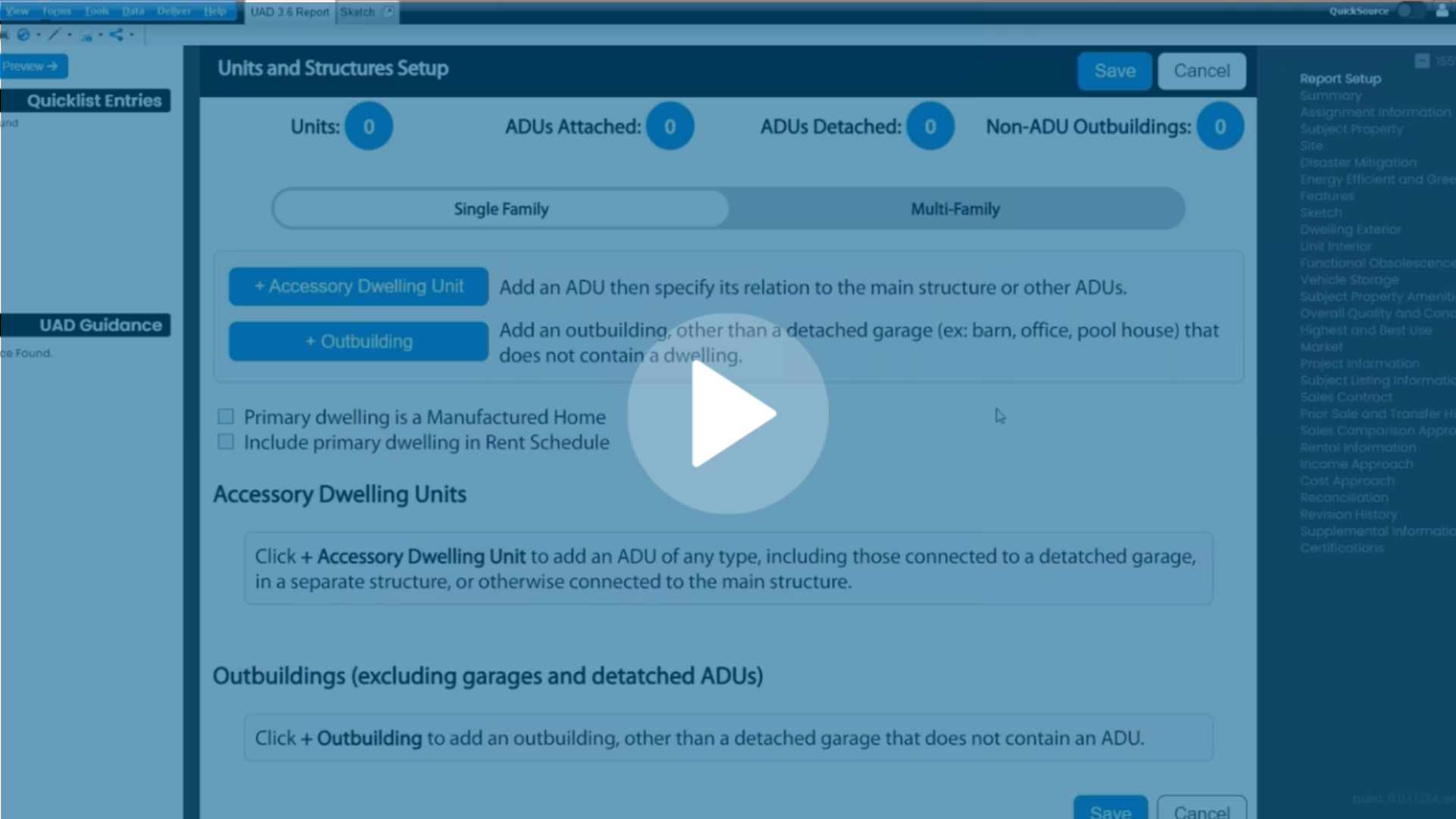
.png)
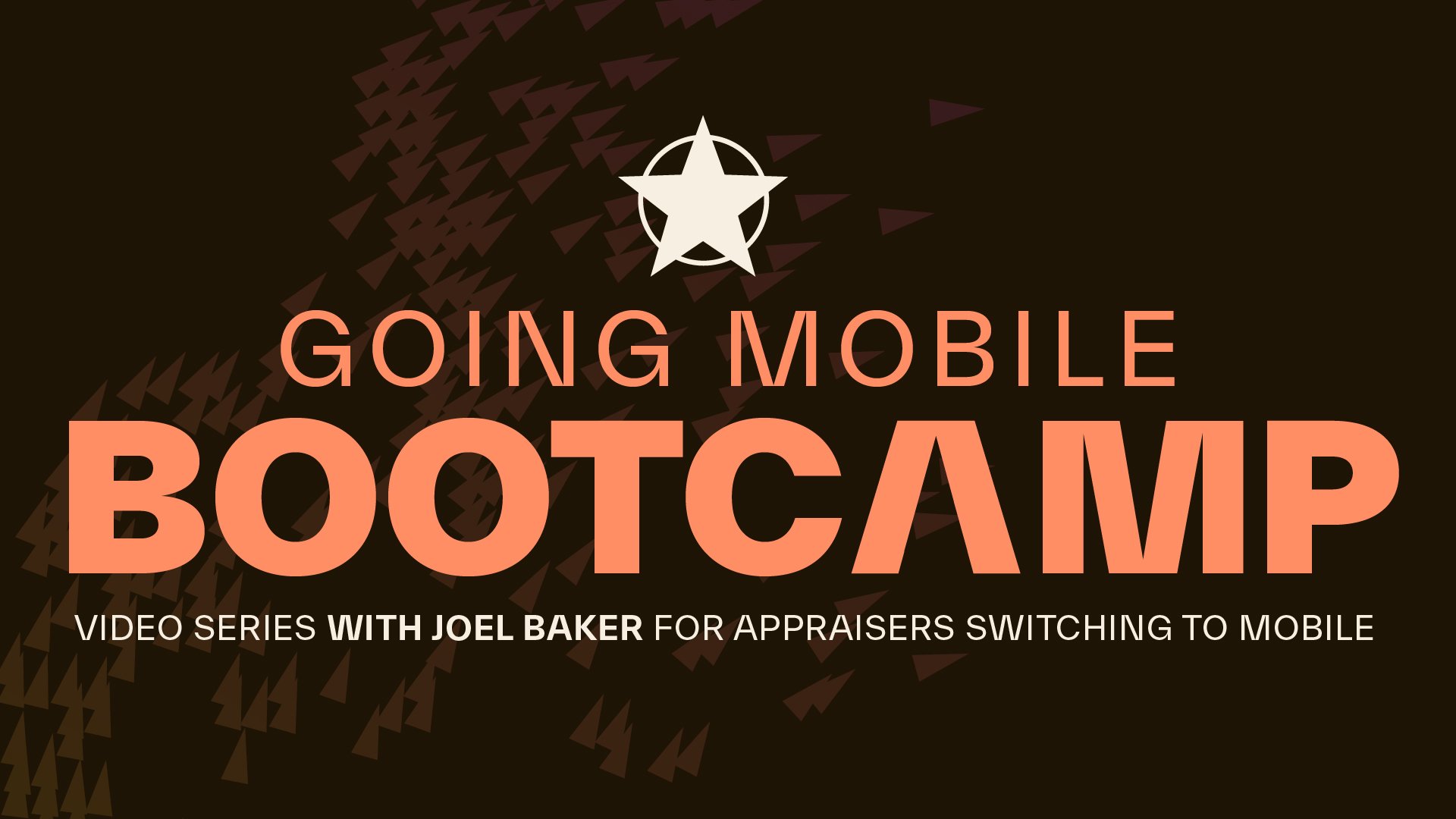
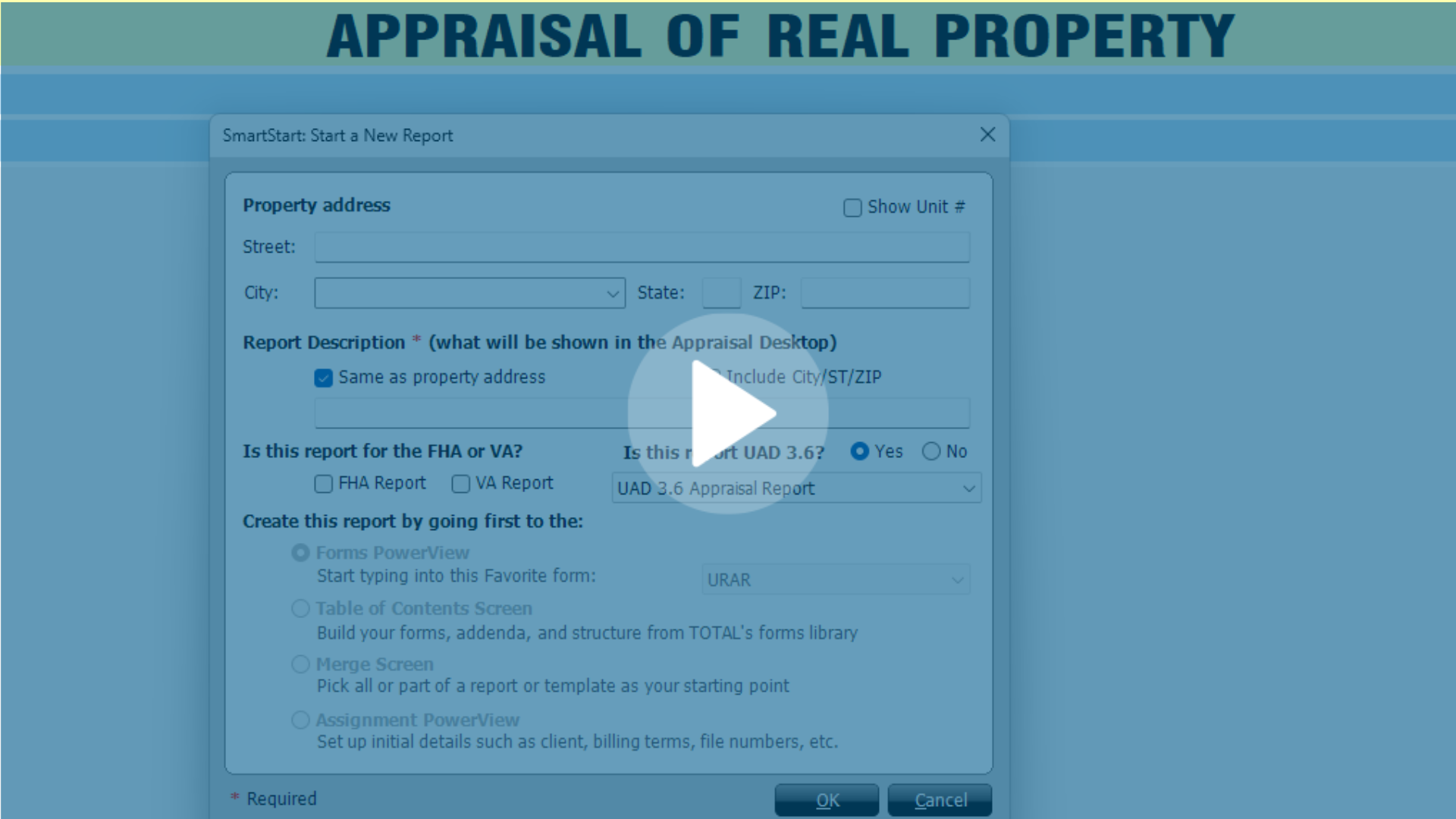


.png)
-1.png)
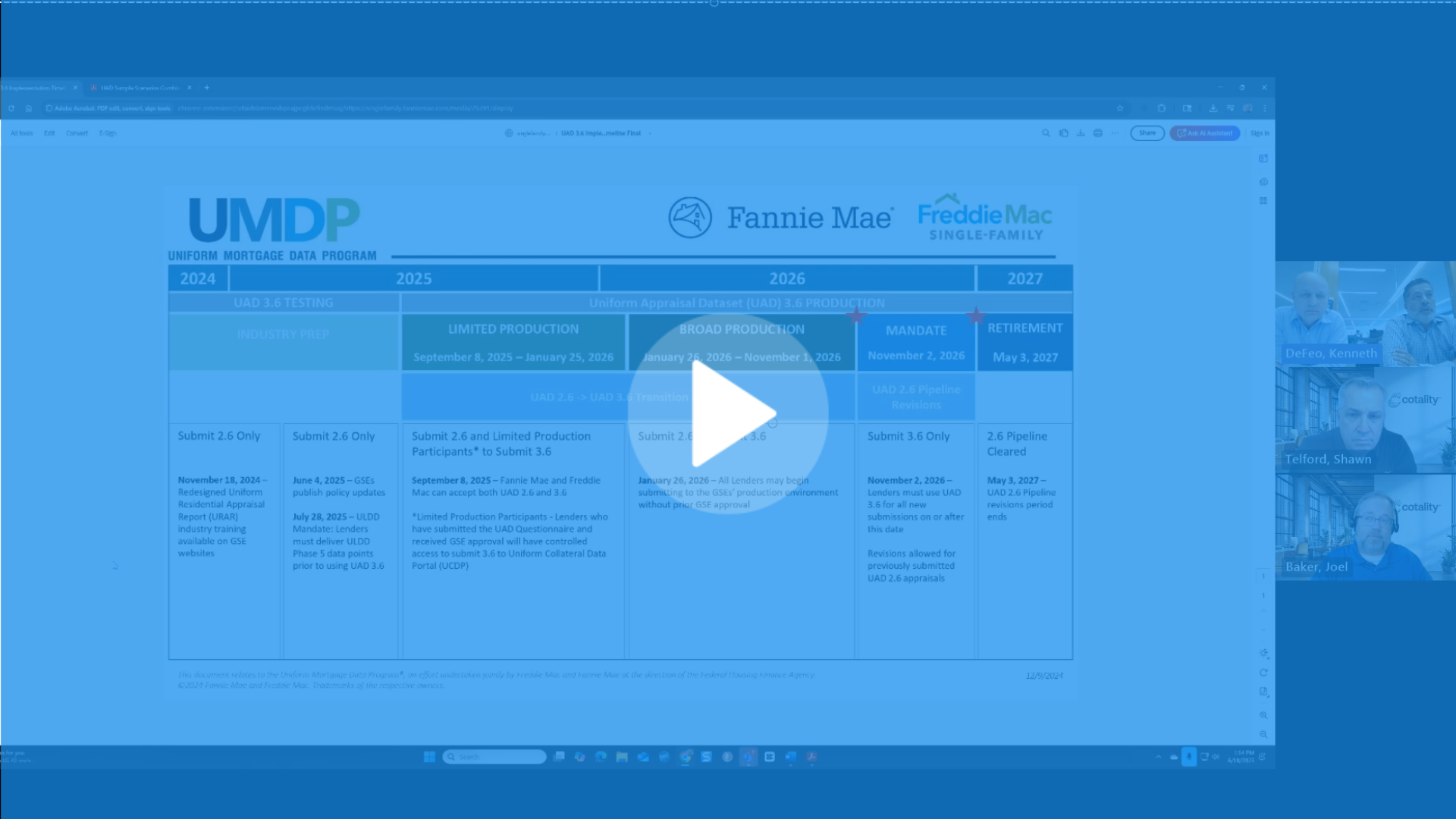
.png)
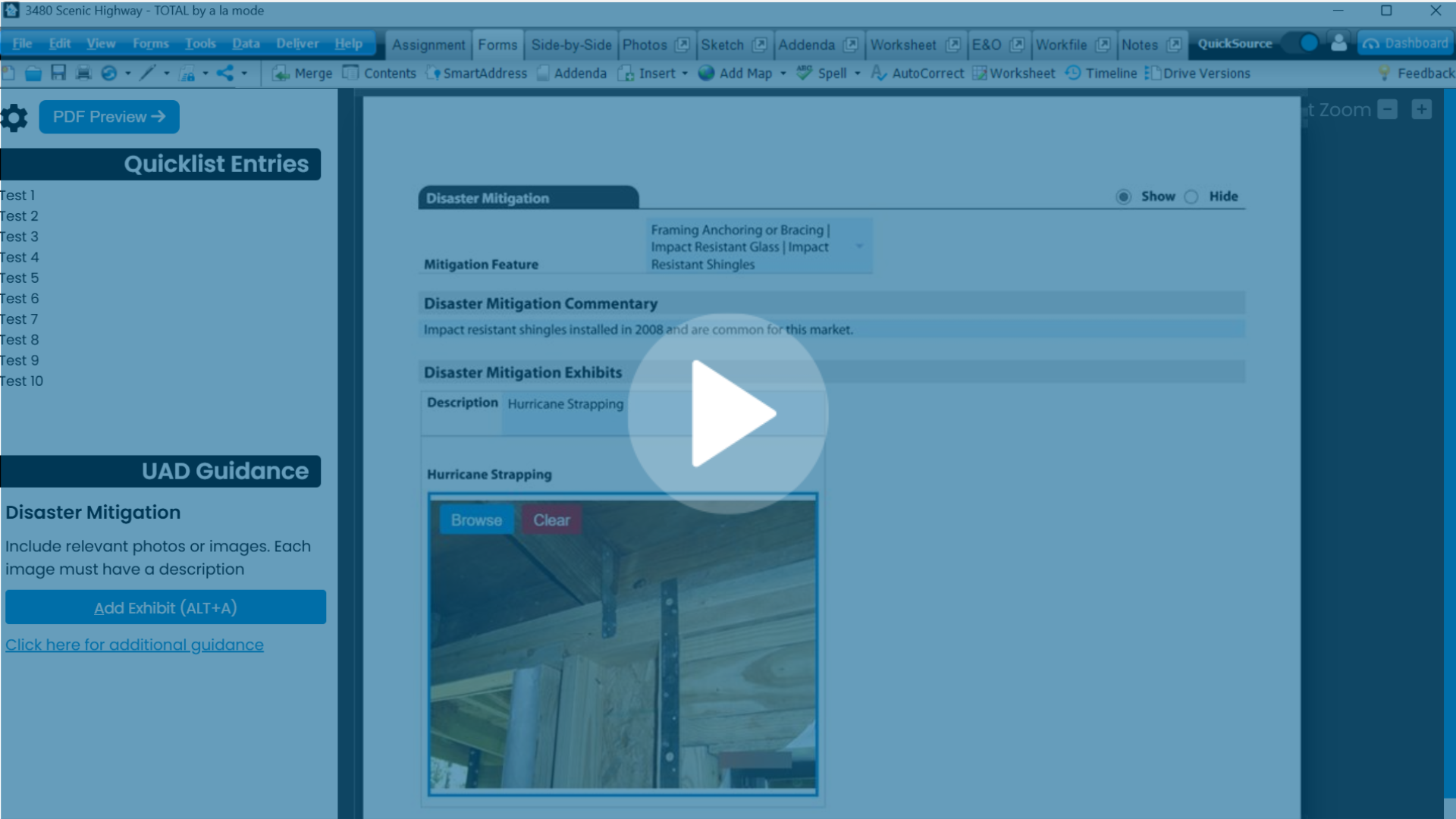
.png)
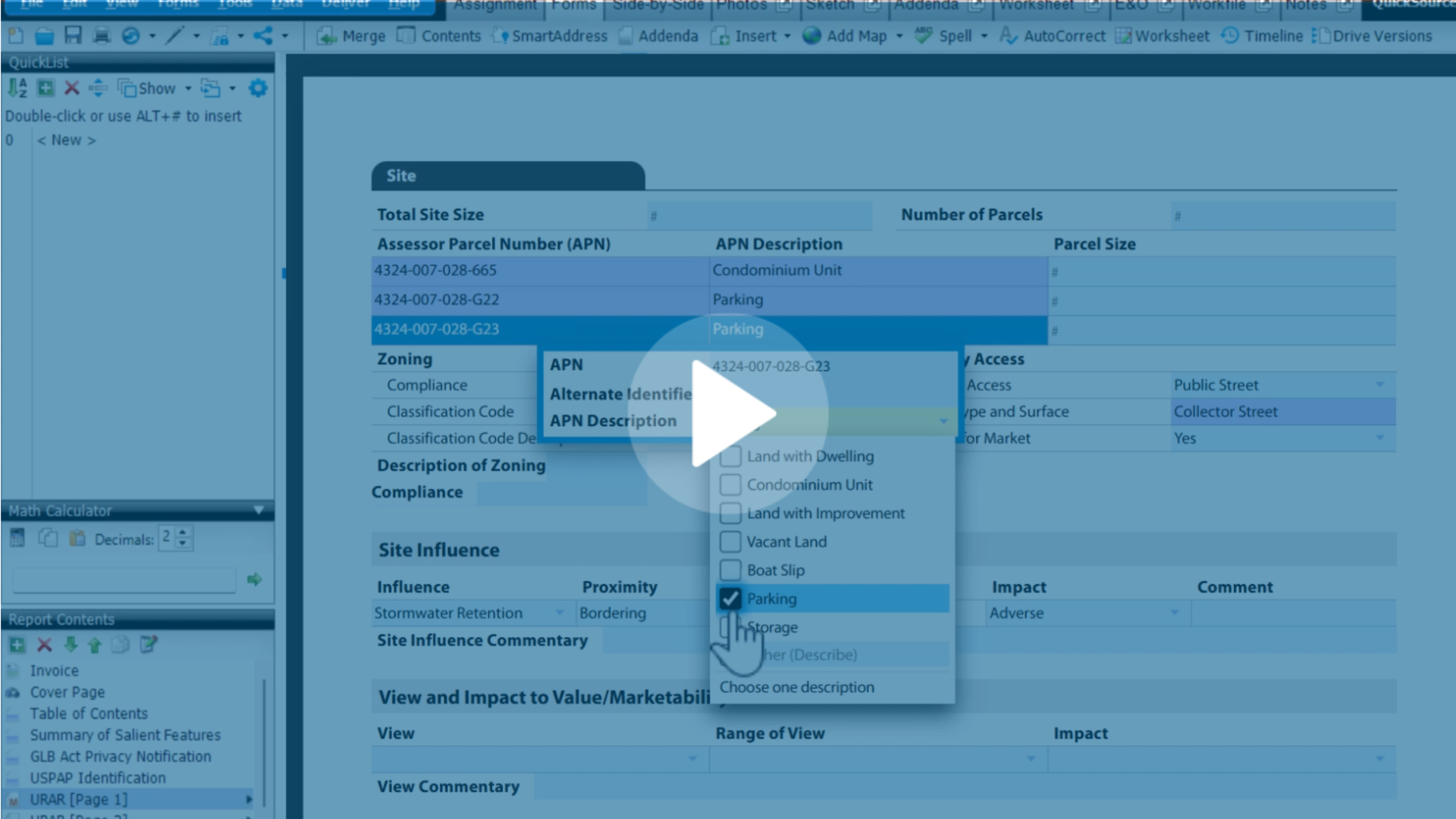
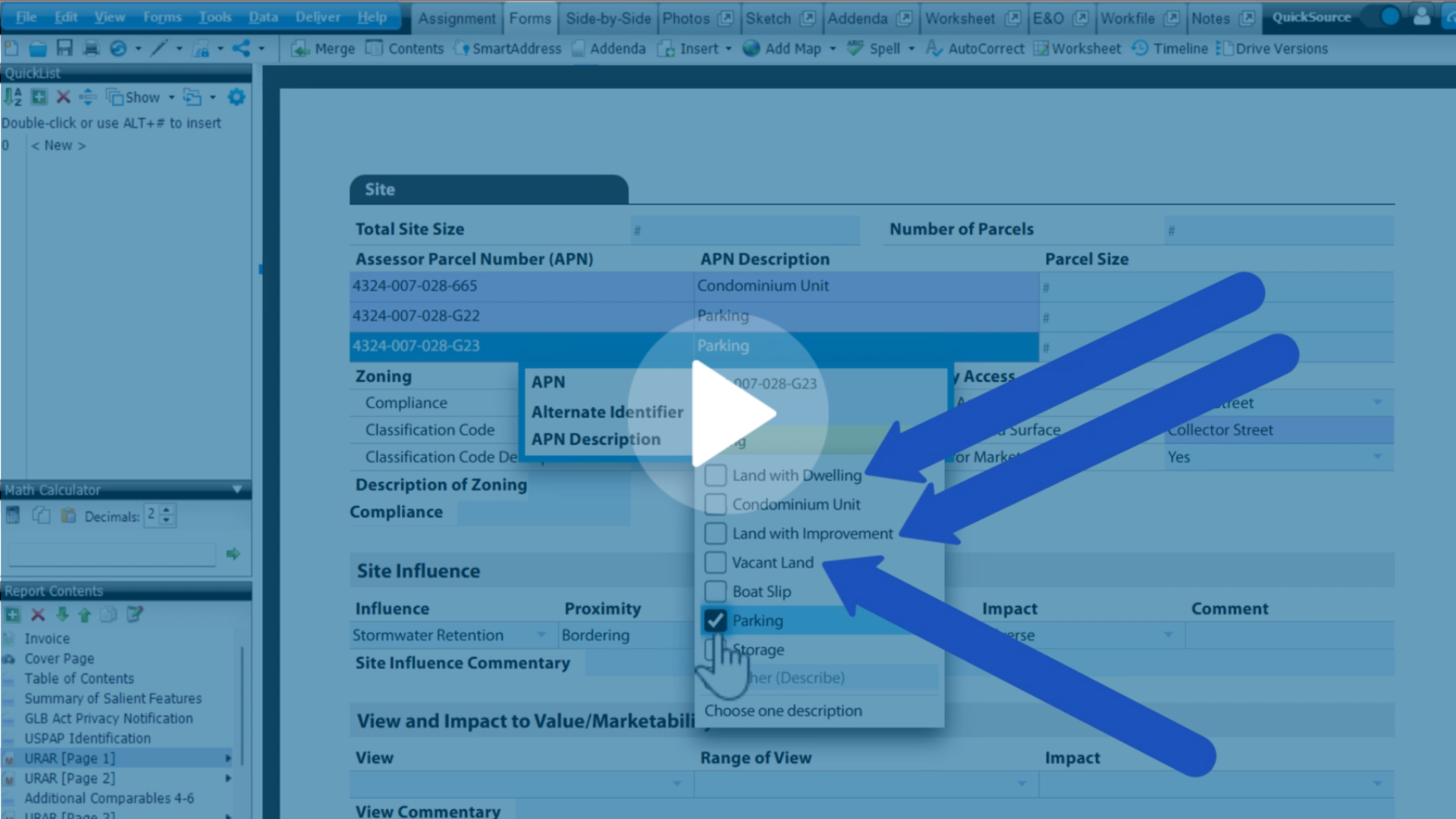
.png)
.png)
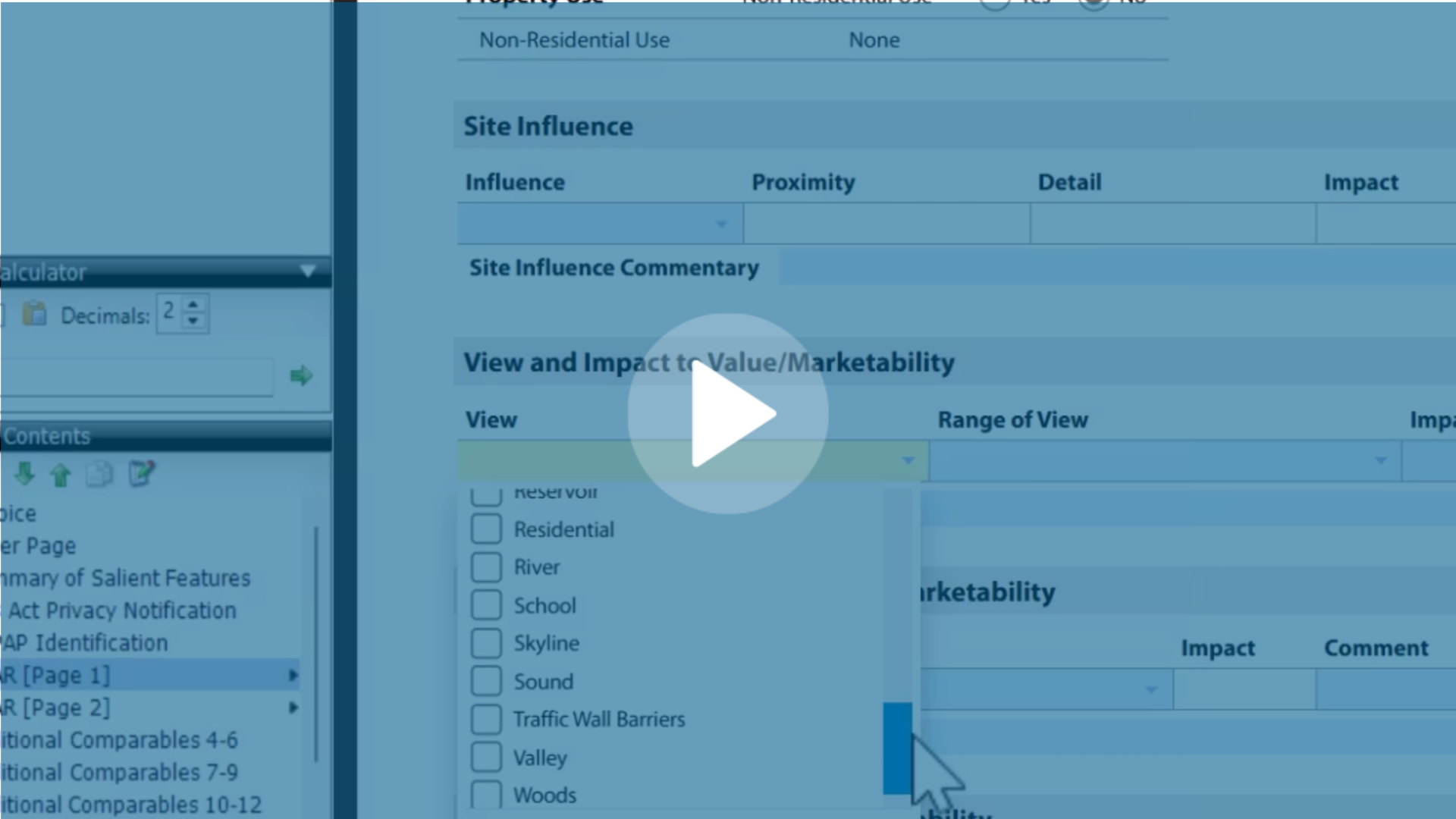
.jpg)
.png)
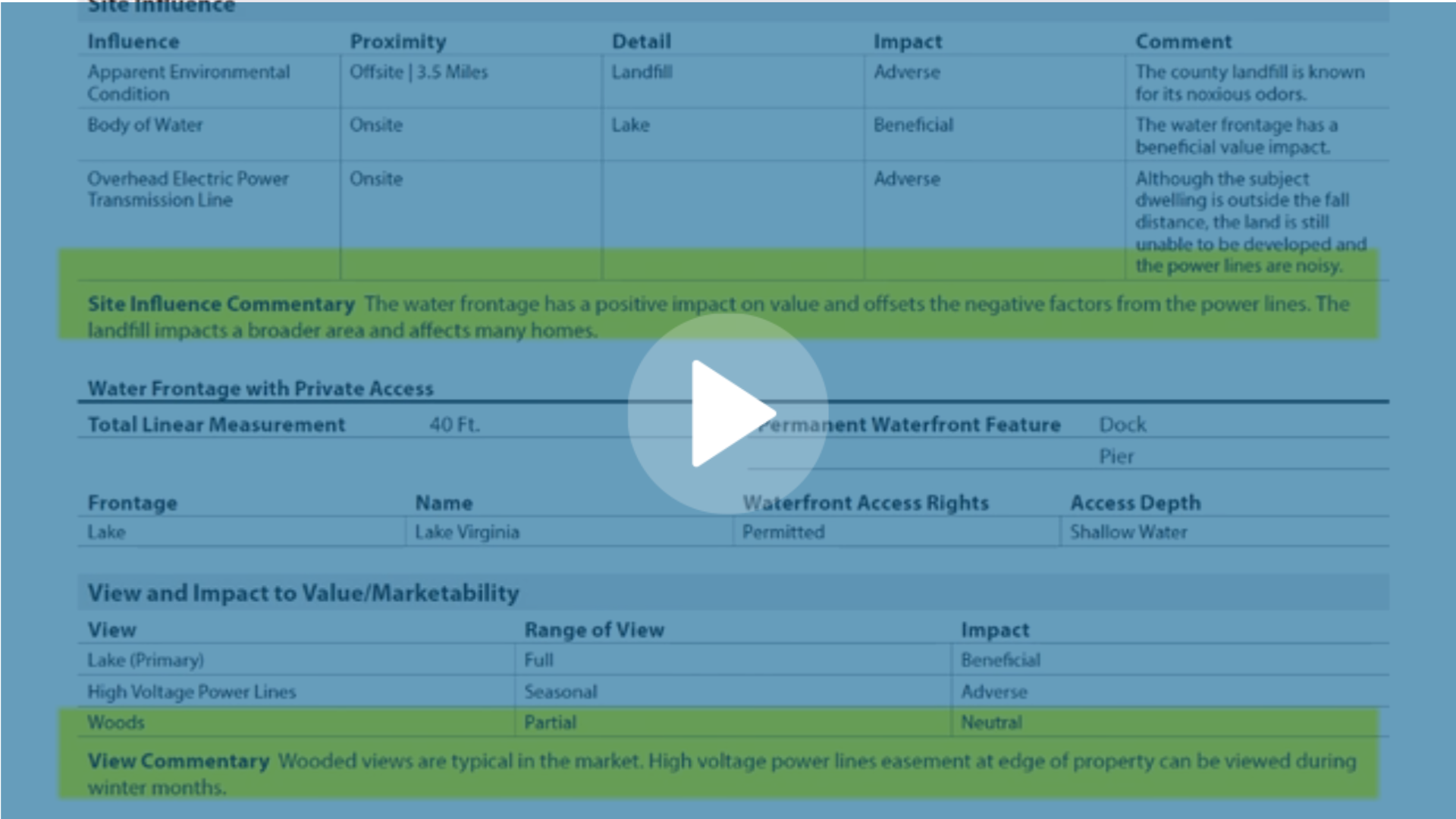
-1.png)



